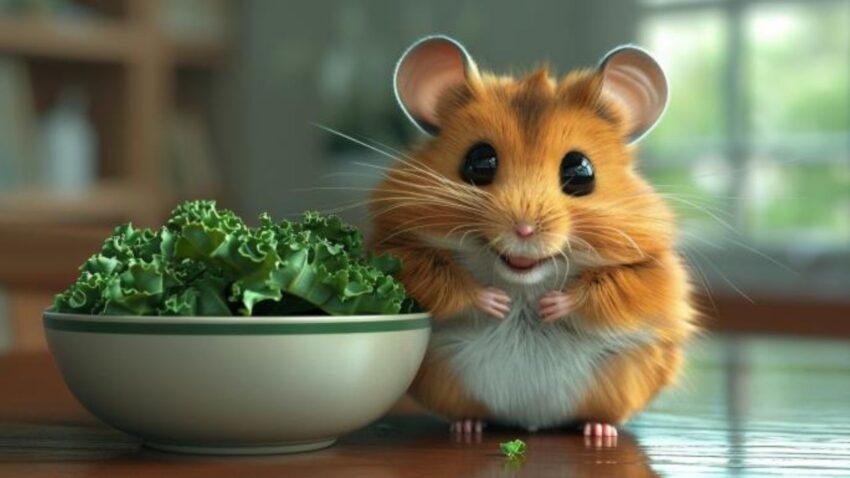TL;DR Summary Can Hamsters Have Kale?Yes, hamsters can have kale, but it should be given in moderation. Kale is rich in vitamins, minerals, antioxidants, and fiber, which can be beneficial for hamsters. However, due to its high calcium and oxalate content, overfeeding kale can lead to health issues like bladder stones and digestive problems. Start…
Author: Vivian Whiskerson
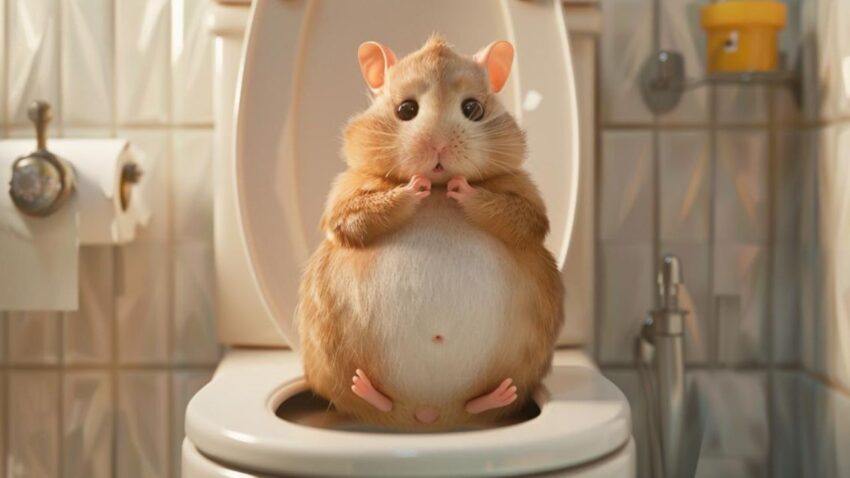
Understanding Hamster Digestion: Do Hamsters Fart?
TL;DR Summary Can Hamsters Fart?Yes, hamsters can fart. Like other mammals, hamsters have a digestive system that produces gas through fermentation of food and bacterial activity in their gut. While flatulence in hamsters is normal, excessive gas can indicate dietary issues or health problems. Ensure a balanced diet with a high-quality commercial hamster mix, fresh…
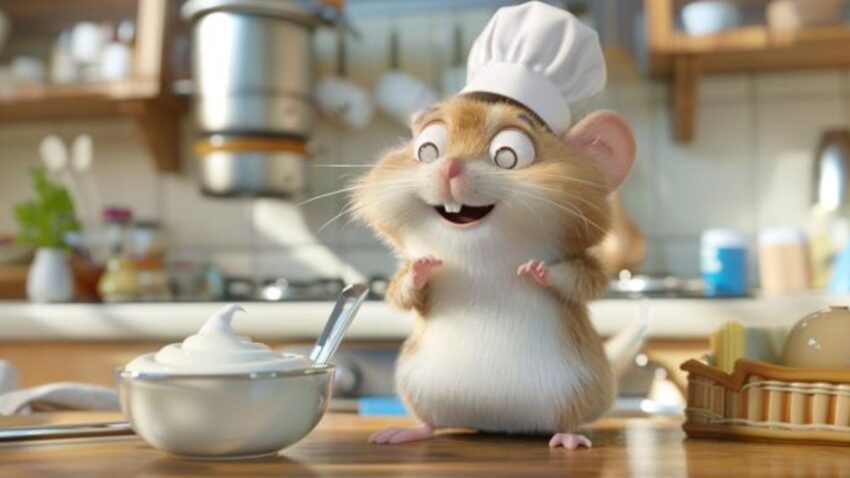
Hamsters and Yogurt: Safe or Not? Detailed Analysis
TL;DR Summary Can Hamsters Eat Yogurt?Yes, hamsters can eat yogurt, but it must be given in moderation and should be plain, unsweetened yogurt. Yogurt can offer benefits such as probiotics for gut health and additional protein. However, many hamsters are lactose intolerant, and excessive yogurt can lead to digestive issues. Start with a small portion…
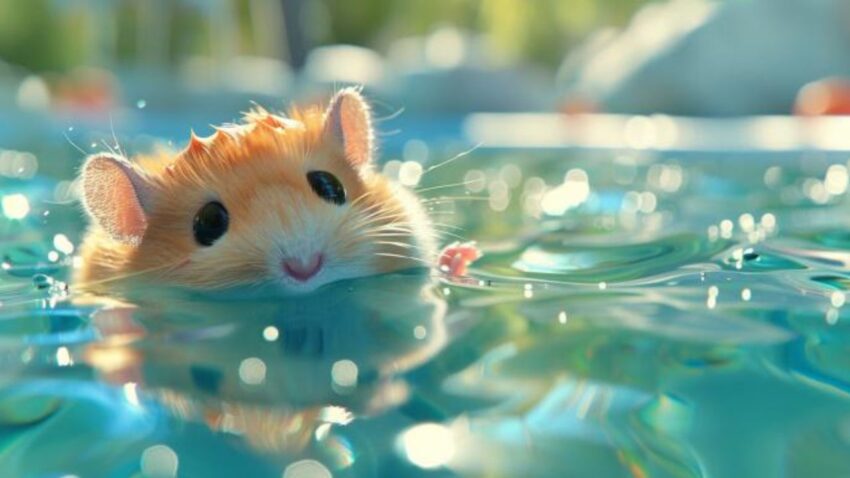
Can Hamsters Swim? A Deep Dive into Their Aquatic Abilities
TL;DR Summary No, hamsters should not swim. While they can instinctively paddle in water if necessary, swimming is not a natural or safe activity for them. Hamsters originate from dry areas where swimming isn’t required for survival, and their bodies are not designed for it. Forced swimming can cause significant stress, cold stress, and even…
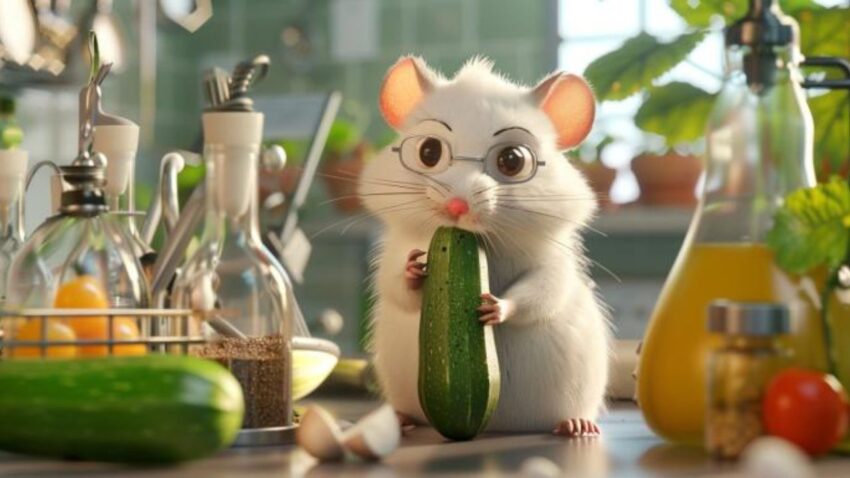
Zucchini and Hamsters: Can Your Furry Friend Enjoy This Veggie?
TL;DR Summary Yes, hamsters can safely enjoy zucchini as part of their diet. Zucchini is non-toxic to hamsters and offers hydration and essential nutrients like potassium and vitamins. However, it should be introduced gradually and in small amounts to avoid digestive upset. Always use organic or thoroughly washed zucchini to minimize pesticide exposure. Feed zucchini…

Introducing New Scents: How to Keep Your Hamster Stimulated
Hello fellow hamster enthusiasts! Today, we’re diving into an exciting topic that can significantly enhance the well-being of our tiny, whiskered friends: introducing new scents. Our furry companions have a keen sense of smell, and by tapping into this natural ability, we can keep them stimulated, engaged, and happy. In this article, we’ll explore the…
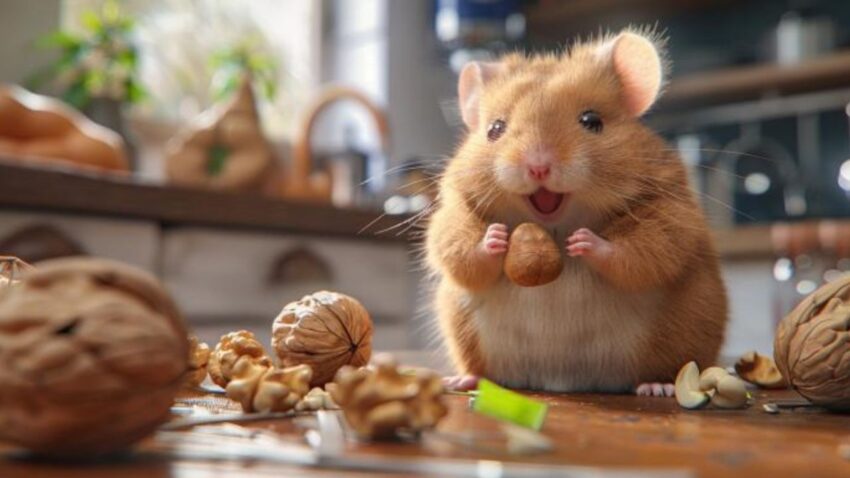
Walnuts and Hamsters: Is It Safe to Share Your Snack?
TL;DR Summary Yes, hamsters can safely enjoy walnuts as an occasional treat in their diet. However, it’s important to serve walnuts in small, manageable pieces and ensure they are unsalted and unflavored to avoid health risks. While walnuts provide beneficial nutrients like omega-3 fatty acids and protein, they should be given sparingly due to their…
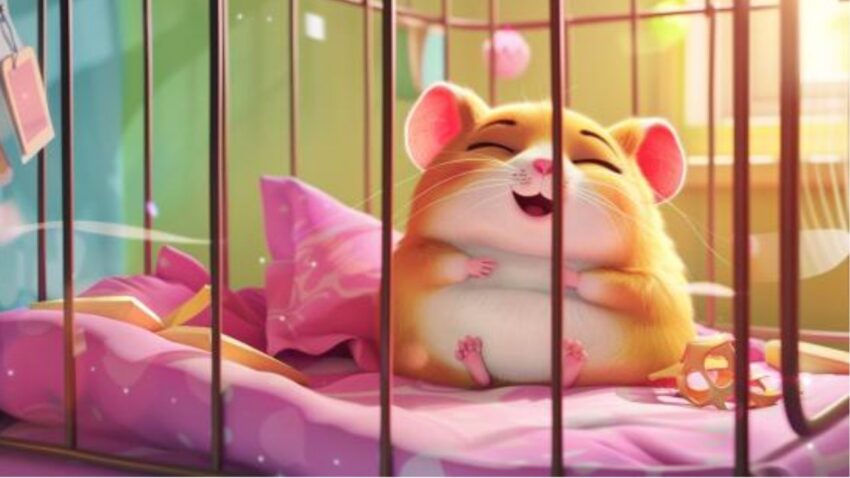
Furry Feng Shui: Optimizing Your Hamster’s Cage Layout for Positive Energy
As Dr. Vivian Whiskerson, I’ve always believed that the environment we create for our pets significantly impacts their well-being and happiness. This belief is at the heart of today’s topic: Furry Feng Shui. This approach to arranging your hamster’s cage promotes not only a visually appealing habitat but also one that radiates positive energy, encouraging…
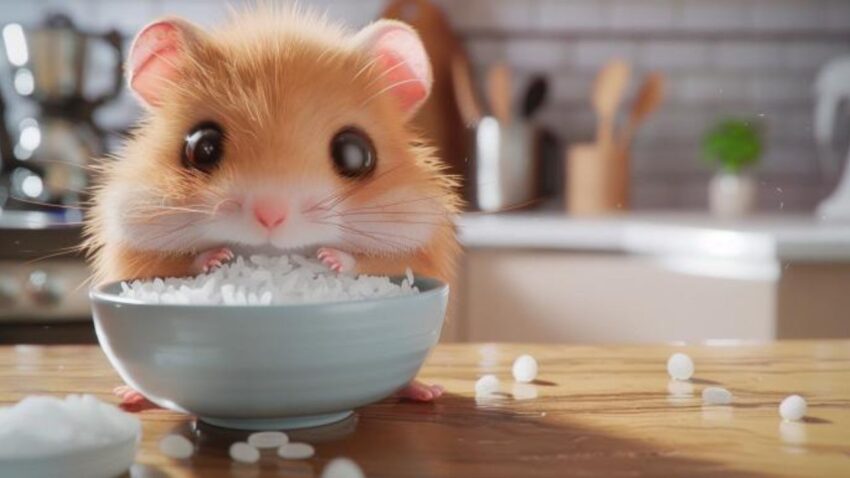
Can Hamsters Safely Eat Rice? Exploring Dietary Options
TL;DR Summary Yes, hamsters can have rice, but it should be offered in moderation. Rice is safe for hamsters when it’s cooked and plain, without any added salt, spices, or flavorings. While it provides a quick source of energy due to its carbohydrate content, rice lacks essential nutrients and does not offer a balanced diet…
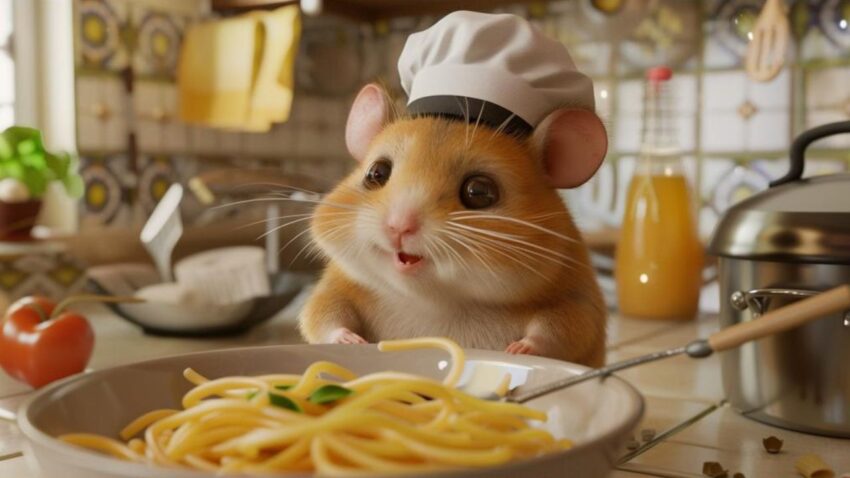
Can Hamsters Eat Pasta? Nutritional Insights and Safety Tips
TL;DR Summary Yes, hamsters can eat pasta in moderation. Both cooked and uncooked pasta are safe when plain and unseasoned. Pasta provides carbohydrates for energy but lacks essential nutrients, so it should only be an occasional treat. Offer small portions, about the size of a fingernail, once or twice a week. Always monitor your hamster…

